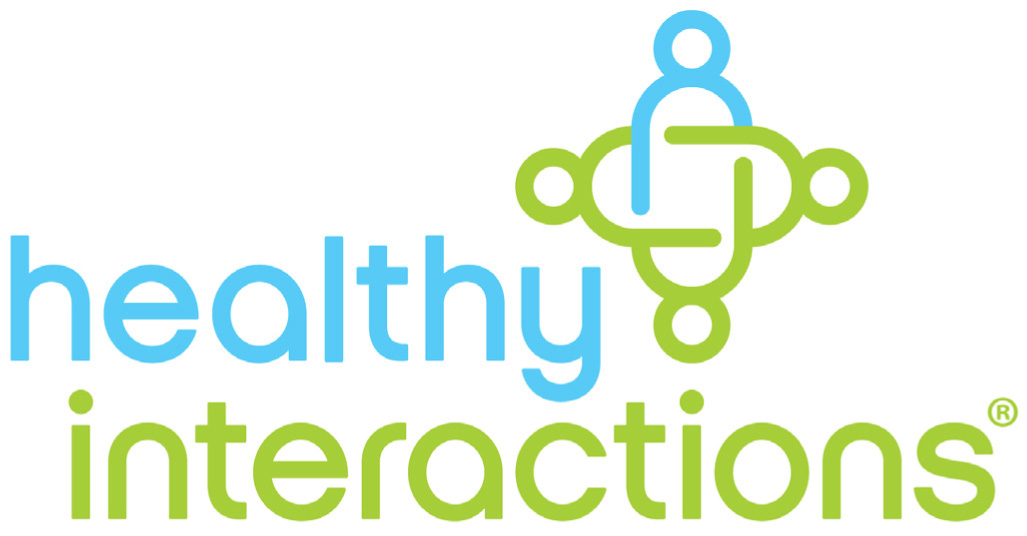CMS Proposed Diabetes Prevention Program expansion and reimbursement.
On Wednesday, March 23, 2016 the CMS' Office of the Actuary announced the expansion of the Diabetes Prevention Program (DPP), designed to improve care and reduce Medicare spending, but not limit benefits or coverage. Here are key details of the announcement:
Diabetes Prevention Program
- Under the plan, Medicare would pay for certain “lifestyle change programs,” in which trained counselors, such as Healthy Interactions’ 10,000 Conversion Map® facilitators, coach and empower patients to adopt healthier eating habits and physical activities, as well as other lifestyle modifications needed to prevent type2 diabetes.
- There are 86 million Americans that are at a high-risk for developing diabetes who could potentially benefit from the program, according to the CDC.
- With prediabetes, damage to the heart and circulatory system may already be starting. Without intervention, people with prediabetes will likely develop type 2 diabetes in 10 years or less.
- Healthy Interactions diabetes programs, which the Medicare program is designed to cover, have touched more than 25 million lives in 120 countries over the past five years. More than 50 clinical- and behavioral outcomes-focused publications have documented the efficacy of the Healthy Interactions Conversation Map® methodology.
- Programs like Healthy Interactions involve proven behavioral change methodologies and are effective in people with prediabetes, where blood glucose level is higher than desired but not yet high enough to be classified as type2 diabetes.
- The proposal does not require congressional approval, but will must undergo a public comment process. It is expected to be implemented before President Obama leaves office.
At Healthy Interactions, we know that The cost and human impact of diabetes is staggering, and outpacing other chronic conditions. The CMS’ analysis of evidence-based approaches, and its willingness to expand care and improve reimbursement is significant. This just-announced program recognizes that proven methodologies such as Healthy Interactions are required to address diabetes and that behavioral change required is necessary to prevent and manage the condition over time.
The Healthy Interactions approach combines behavioral change methodologies with human and technological support. Our program approach supports reimbursable facilitated group visits with proven behavioral change methodologies as well as a digital platform that connects providers, patients and caregivers and integrates with EHRs. Our approach is critical for population health improvement and achieving Triple Aim goals in today’s value-based care model.

